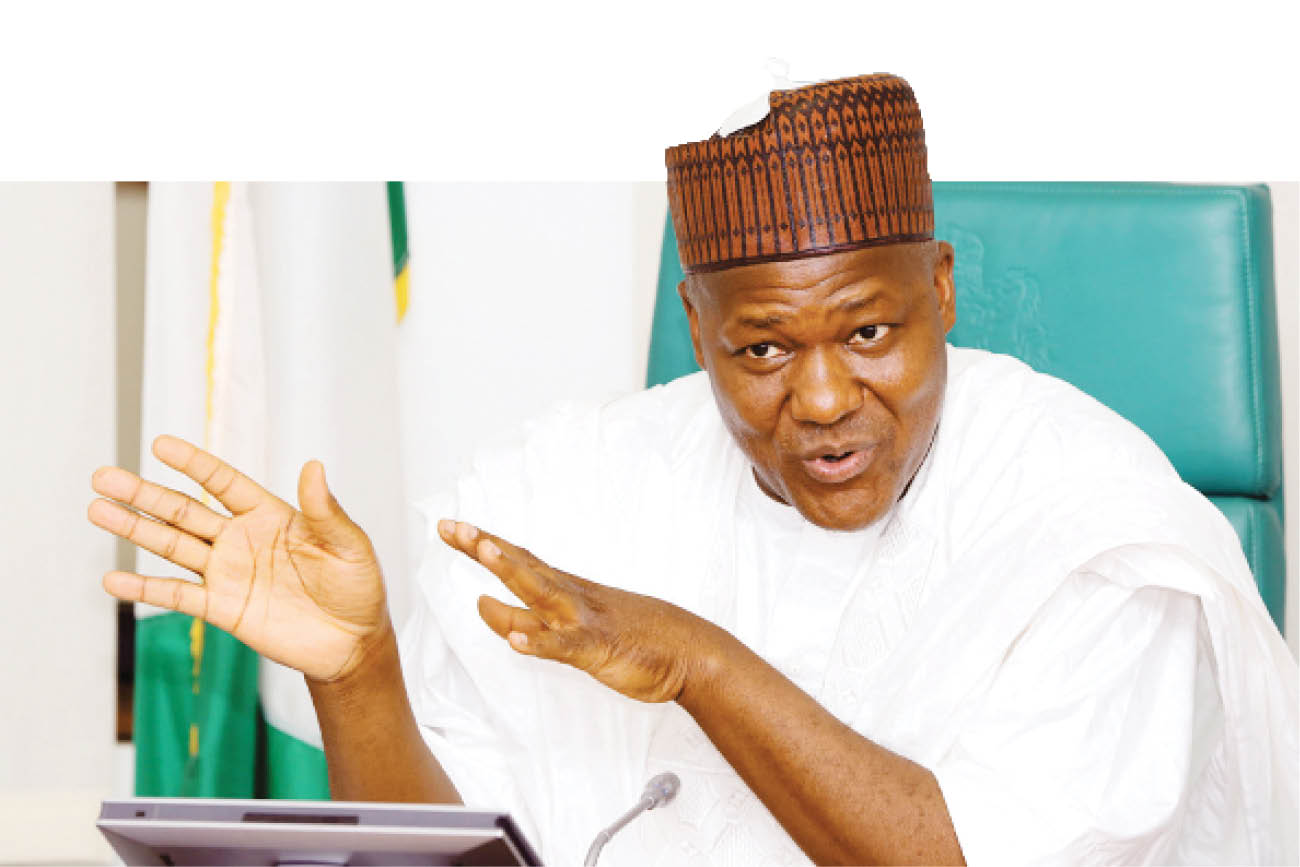The Speaker of the House of Representatives, Yakubu Dogara, on Tuesday said the current oil production sharing formula with Nigeria’s Joint Venture Companies (JVCs) is not favourable to the country.
Dogara, who stated this at the opening ceremony of a public hearing by the Committee on Petroleum Resources (Upstream) on a “Bill to amend the Deep Offshore and Inland Basin Production Sharing Act, 2004.”
According to the Speaker, the passage of the proposed amendment bill is not only imperative, but long over-due.
He said the current formula has become unrealistic, which makes the amendment bill desirable.
He added that since the oil sector remains the mainstay of Nigeria’s economy, the bill under consideration aims at ensuring higher earnings to government from off-shore operations.
“In this era of economic doldrums in the country, the passage of this bill and its promulgation into law will help to shore up our earnings from oil, cushion the economic hardship and ameliorate our burden of budget deficit.
“The production sharing contracts were made as far back as 1993. The formula used has, no doubt, become unrealistic and not favourable to the country.
“This makes the passage of this Amendment Bill not only imperative but over-due.
“It is a bill that promotes equity and fairness between the government and our Joint Venture Companies.
“The need for equity and fairness in the business environment cannot be over-emphasised. In this regard I want to implore our Joint Venture operators to always cooperate with the government in ensuring transparency in the oil sector,” the Speaker noted.
In his response, the chairman of the House of Representatives Committee on Petroleum Resources (Upstream), Victor Nwokolo (PDP, Delta) said the hearing was the result of the resolution of the House of Representatives on April 24, 2019.
He therefore assured the people that the committee was working to improve the socio-economic well-being of Nigerians.
In a memorandum submitted to the committee, the Oil Producers Trade Section (OPTS) expressed concerns over the Deep Offshore and Inland Basin Production Sharing Contracts (Amendment) Bill, 2018.
It warned that the bill, if passed, will increase government revenue in the short-term, but diminish the economic viability of Deepwater projects and investments in Nigeria.
This, it added, would negatively impact oil production, government revenues, local jobs, and the economy at large.

 Join Daily Trust WhatsApp Community For Quick Access To News and Happenings Around You.
Join Daily Trust WhatsApp Community For Quick Access To News and Happenings Around You.


